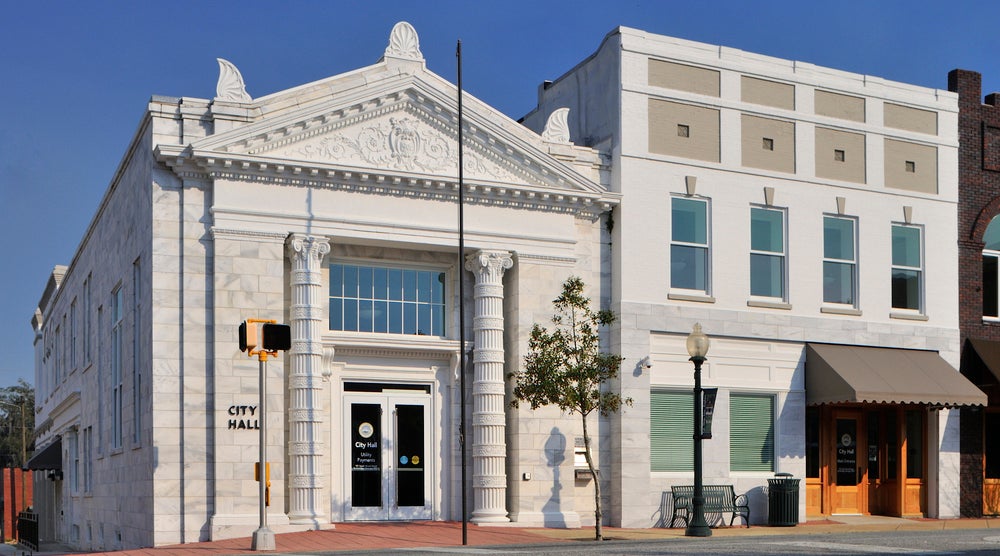County government’s problems require desperate measures
Published 6:59 am Friday, July 26, 2013
“Desperate times call for desperate measures.” It would be difficult to more accurately describe Decatur County’s current financial situation or its future financial outlook.
I would say that passing a budget with a $5.7 million deficit, as the Decatur County Commission did this week, and planning to borrow $6.8 million during the year, as the county plans to do, would qualify as desperate times.
Of the $6.8 million dollars that the county has budgeted to borrow, $3.37 million would come from a Georgia Environmental Finance Authority (GEFA) loan. Typically, securing one of these loans is about as sure of a bet as one can expect. I would stop short of saying they are rubber stamped, but it is darn close.
But, as Justin Schuver explains in the front-page article on this subject, GEFA is antsy about Decatur County’s ability to service the debt, for the next 20 years, to pay back the money it needs to work on the county’s wastewater treatment facility and to expand the landfill.
GEFA is requiring the county to specifically allocate a portion of its millage assessment to repay this loan. Estimates put the allocation at 0.3 mills, which is the equivalent of about $250,000 annually to be applied to the loan repayment.
The county commission has already settled on, but has not officially voted on, a 1.5-mill increase to the county property taxes. If I had to bet, next Tuesday when the commission is ready to officially adopt the millage rate, you will see the extra 0.3 mills tacked onto the 1.5, making the total increase in your property taxes 1.8 mils. I hope I am incorrect in that assessment, but we shall see.
The city of Bainbridge has offered a plan to the county that would make the $2.5 million loan for the wastewater treatment plant unnecessary. The plan, offered first in May 2011, would get the county out of the wastewater business and save millions of dollars — millions of dollars of borrowed money.
When it initially came to light, in the spring of 2011, that the county’s wastewater treatment plant in the industrial park was sorely outdated and inadequate, the city offered use of their plant. While certainly not a simplistic project, the county would basically tap on to the city’s system via a pipeline and the city would assume servicing the county’s 23 water-and-sewer customers.
Yes, the county provides this service to 23 customers that generate $190,000 in annual revenue. Even though these are large-use customers in the industrial park, the county is in no position to go further in debt to service 23 customers. Additionally, the water department operates at a $233,000 annual operating deficit.
Issues with this wastewater treatment facility have caused enough pain, blues and agony. It is time for the county to swallow a little pride, get past the “big brother” syndrome it apparently has with the city, and sit down and seriously discuss this plan.
The bottom line is the city has 4,800 water customers; they are in the water business. The city’s wastewater treatment facility is in great shape with ample excess capacity to handle adding the current county customers. Yes, there most likely will be some engineering challenges to make this work, but the upside is too great not to begin the discussions.
Doing so and making it work is the responsible thing for the commission. Ignoring the offer and not analyzing the benefits to all involved, especially the Decatur County taxpayer, would simply be another mistake in a long line of mistakes that brought us to these current desperate times.




